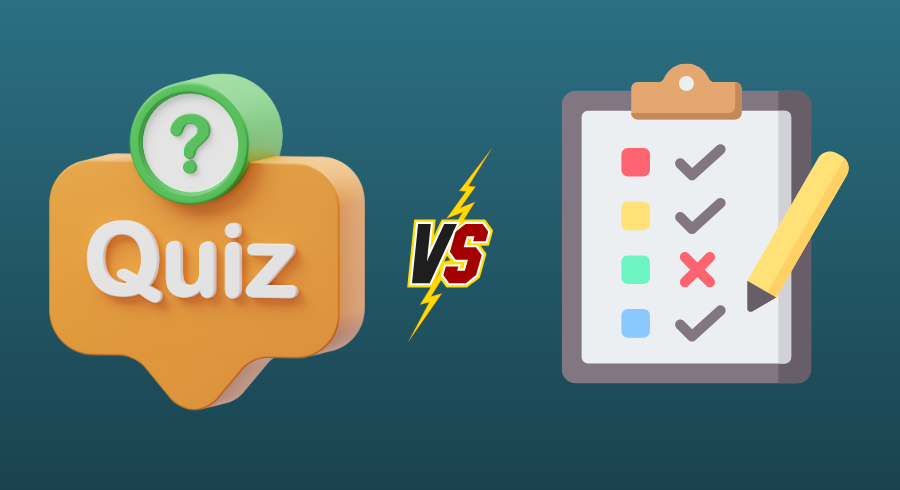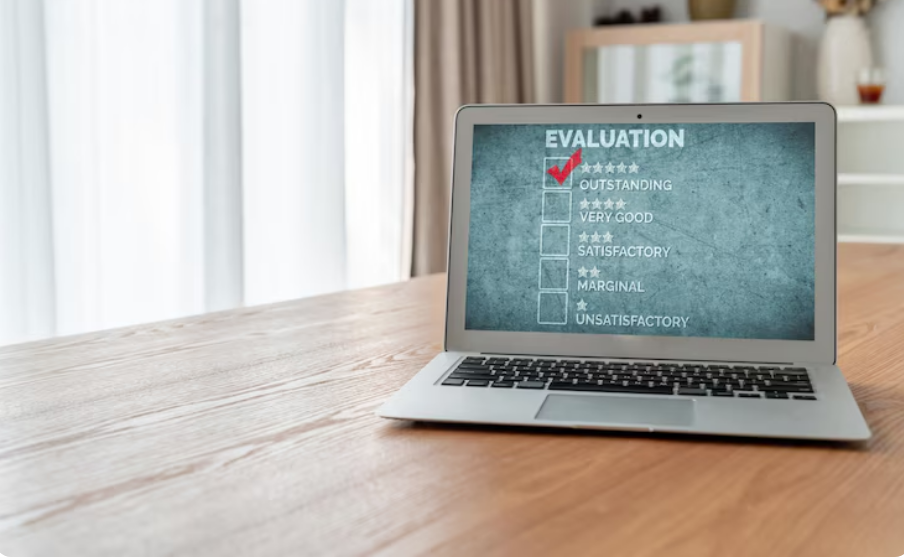Introduction: The New Era of AI Assessments
AI assessments are no longer a futuristic concept—they’re rapidly redefining how we evaluate skills, knowledge, and potential across industries. From education to corporate training and hiring, organizations are shifting toward machine learning assessments to achieve precision, scalability, and actionable insights. In 2023, over 47% of global HR leaders reported implementing AI in at least one part of their assessment processes, according to Gartner.
What’s driving this transition? Traditional testing methods fail to meet the demands of modern learners and dynamic work environments. Static question sets, time-consuming grading, and bias-prone evaluations are being replaced by intelligent assessments that adapt in real-time, predict future performance, and reduce human error. This blog explores the practical impact of AI and machine learning assessments, reveals where they’re most effective, and shows how platforms like Compare2Compete provide strategic tools to leverage their full potential.
1. The Shift Toward AI-Driven Assessments
As education and workforce demands evolve, so must the way we assess. AI-driven assessments offer personalized, data-backed evaluations that improve both learner outcomes and operational efficiency.
Key Benefits
- Adaptive difficulty levels based on real-time performance
- Instant grading and feedback, improving learning velocity
- Scalability across large groups without compromising accuracy
Real-World Example
Duolingo’s English Test uses AI to evaluate reading, writing, speaking, and listening in under an hour. It’s accepted by over 4,000 institutions globally and delivers results within 48 hours, with 95% accuracy compared to traditional testing.
Organizations that integrate AI assessments into their talent pipelines see up to 35% faster hiring cycles and 22% better role-fit accuracy (LinkedIn Talent Solutions, 2023).
2. Understanding Machine Learning in Evaluation
Machine learning assessments go a step further than automation. These systems “learn” from data to continuously improve evaluation logic, offering more personalized and predictive testing experiences.
What Makes Machine Learning Assessments Unique
- Pattern recognition: Algorithms analyse how users solve problems, not just what they solve
- Predictive analytics: ML models forecast future performance or skill gaps
- Continuous refinement: The system improves over time based on more data
Practical Use Case
In corporate upskilling, Salesforce deployed ML assessments to identify employee learning curves and tailor reskilling programs. This resulted in 40% higher engagement and 25% faster certification rates across teams.
This shift toward algorithm-driven evaluation also enables longitudinal tracking—monitoring development across time rather than just capturing a snapshot.
3. Use Cases: Where AI is Transforming Assessments
AI assessments are not limited to standardized tests. They’re being applied across diverse sectors, reshaping how success is measured.
In Education
- Smart grading tools reduce teacher workload by up to 60%
- AI tutors like Carnegie Learning deliver 15% higher test scores
- Automated essay scoring systems evaluate syntax, semantics, and structure
In Recruitment
- Gamified AI assessments evaluate cognitive and behavioural traits
- Video interview analysis tools detect tone, eye contact, and hesitation
- Pre-hire testing platforms reduce mis-hires by up to 30%
In Corporate Training
- Real-time simulations assess job-readiness
- Role-based scenario assessments measure critical thinking
- Continuous assessment models increase certification success rates
The future of assessments lies in seamless, ongoing evaluation—not just one-off exams.
4. Ethical Considerations and Data Transparency
AI’s growing role in assessments brings a responsibility to address fairness, bias, and data protection.
Main Concerns
- Algorithmic bias from unbalanced training data
- Lack of transparency in scoring logic
- Data privacy when collecting biometric or behavioural data
Best Practices for Ethical Use
- Audit training datasets for representativeness
- Use explainable AI (XAI) to ensure transparency
- Comply with GDPR, CCPA, and local data privacy laws
A 2024 MIT study revealed that when AI assessments include human-AI oversight protocols, bias incidents drop by 68%. Ethics must scale with innovation.
5. Recommended Tools from Compare2Compete
Compare2Compete offers tailored tools that directly address the real-world challenges of integrating AI into assessments.
Top Tools for Smarter Evaluation
- Skill Gap Analyzer Pro
- Uses machine learning to benchmark individual skills against industry standards
- Ideal for L&D managers tracking progress over time
- AutoAssess360
- Automates evaluation of coding, writing, and logic-based tasks
- Instant feedback and customizable rubrics included
- Predictive Hiring Engine
- Leverages predictive analytics to rank candidates based on future job performance likelihood
- Reduces time-to-hire and enhances quality of hires
Compare2Compete tools integrate easily with existing LMS and ATS platforms, minimizing friction and maximizing ROI.
Conclusion: Rethinking Assessment for the AI Age
The future of assessments is dynamic, intelligent, and deeply data-driven. AI assessments and machine learning evaluations offer measurable improvements in speed, accuracy, personalization, and outcomes. Whether you’re an HR leader aiming to optimize hiring, or an educator striving to improve learner engagement, these technologies are not optional—they’re essential.
Yet success lies not just in adoption, but in strategic integration. Use platforms like Compare2Compete to implement AI assessment tools that are ethical, scalable, and insight rich.
- Start with one pilot assessment today
- Analyse results using predictive tools
- Continuously refine with real-time feedback
This is your opportunity to move beyond outdated testing models. Lead the change—don’t wait for it.



